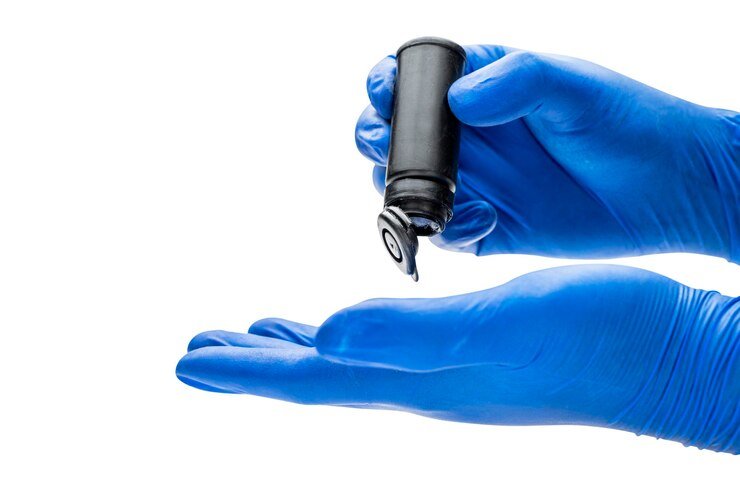In the realm of medical diagnostics, technology continues to push boundaries, offering innovative solutions that enhance patient care and improve outcomes. One such breakthrough is capsule endoscopy, a minimally invasive procedure that allows physicians to visualize the gastrointestinal (GI) tract with unprecedented clarity and detail. From detecting obscure bleeding to diagnosing inflammatory bowel disease, capsule endoscopy has revolutionized the way we investigate and treat gastrointestinal conditions. To Know More About It Please Click Here What is Capsule Endoscopy? Capsule endoscopy involves swallowing a small, pill-sized capsule containing a tiny camera, light source, battery, and transmitter. As the capsule travels through the digestive system, it captures high-definition images of the GI tract’s lining. These images are transmitted wirelessly to a recording device worn by the patient, which is later analyzed by a healthcare professional. The Procedure Indications and Applications Capsule endoscopy is used to diagnose and evaluate various gastrointestinal conditions, including: Advantages of Capsule Endoscopy: To Know More About It Please Click Here Limitations and Considerations While capsule endoscopy offers numerous benefits, it also has some limitations and considerations:
Dr Alokit Gulati Best Gastroenterologist in Rohini 91 9319137179


